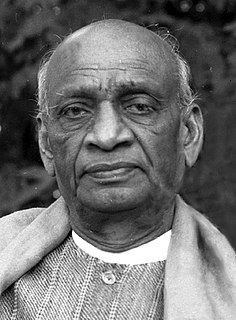A Quote by Robertson Davies
If I had my way books would not be written in English but in an exceedingly difficult secret language.... This plan would have the advantage of scaring off all amateur authors, retired politicians, country doctors...who would not have the patience to learn the secret language.
Related Quotes
Poetry cannot be translated; and, therefore, it is the poets that preserve the languages; for we would not be at the trouble to learn a language if we could have all that is written in it just as well in a translation. But as the beauties of poetry cannot be preserved in any language except that in which it was originally written, we learn the language.
James Joyce's English was based on the rhythm of the Irish language. He wrote things that shocked English language speakers but he was thinking in Gaelic. I've sung songs that if they were in English, would have been banned too. The psyche of the Irish language is completely different to the English-speaking world.
One of my favorite tricks was taking a page and having the first student translate it from English into whatever language he or she was working on, and the next one would translate it back into English and then into the foreign language, and we'd go around the room and compare the two English versions at the end, and it would be amazing how much survived.
Language would have evolved first as an internal object, a kind of "language of thought" (LOT), with externalisation (hence communication) an ancillary process. I can't review here the strong and growing evidence to support this conclusion, but I have elsewhere. There are ample reasons why having a LOT would confer selectional advantage: the person so endowed could plan, interpret, reflect, etc., in ways denied to others.
The advantage of the gypsy language, even though I don't understand it that much, the language is perfect melody. So if you propose the movie the way I do, then the language is just one part of the melody. Orchestrating all inside, and the language is following the meaning of what they say, and it's never the same as written.
It took a pretty drastic moment to shift my thinking towards visual arts. I got to a moment in my writing career when I wasn't trusting the language, I was really not trusting the written language, the English language. How do you work with a material that you don't have trust in? I had to step away from it and find another way of articulating and I had to do it without words.
I don't change the language for children books. I don't make the language simpler. I use words that they might have to look up in the dictionary. The books are shorter, but there's just not that much difference other than that to be honest. And the funny thing is, I have adult writer friends [to whom I would say], "Would you think of writing a children's book?" and they go, "No, God, I wouldn't know how." They're quite intimidated by the concept of it. And when I say to children's books writers, would they write an adult book, they say no because they think they're too good for it.
Though representatives of many ethnic groups came together in the United States, English became their common language. Apparently, this was a natural choice. One can imagine what would have happened if members of each nation moving to the U.S. had spoken only their own tongues and refused to learn English.
I was probably 16.I played - I tried to play these songs that I had written. And, this was a common theme when I was younger: I would write a song about somebody, and they would come to my show. I wouldn't be able to play the whole thing, because, there would be some giant, loaded secret coming up in like, the third verse, or something.




































